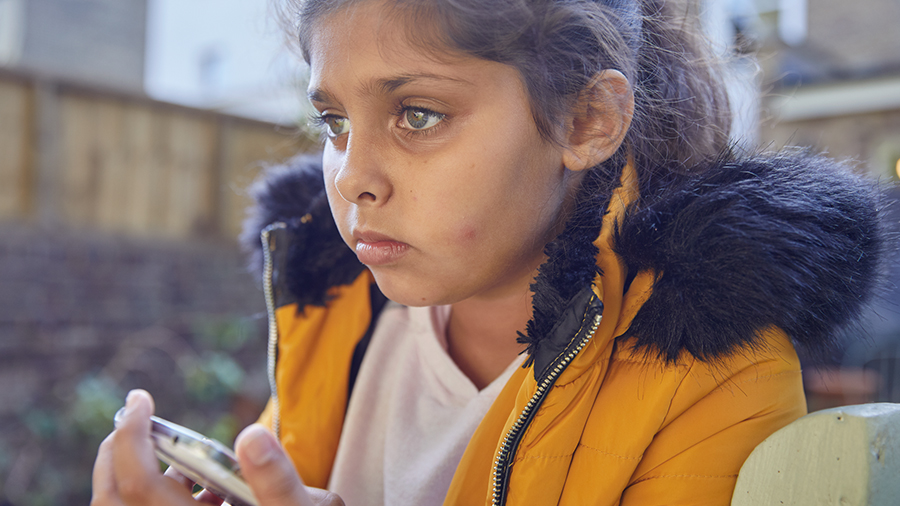We're calling on Boris Johnson to publicly commit to having Online Harms Bill on statute book within 18 months

More than 10,000 online grooming crimes have been recorded by police under a new law that made it illegal for adults to send sexual messages to children.
The NSPCC is calling on the Prime Minister to deliver an Online Harms Bill, that sets out a Duty of Care on tech firms to make their sites safer for children, within 18 months.
The charity wants his Government to publish a roadmap that sets out the timescales for a world-leading Bill to go through Parliament as a matter of urgency.
Figures obtained via freedom of information requests show that police in England and Wales have recorded 10,119 offences of sexual communication with a child in the two and a half years since the law came into force, following our Flaw in the Law campaign.
The data1 revealed:
- the number of offences is accelerating, with 23% taking place in the six months up to October last year.
- Facebook-owned apps (Facebook, Facebook Messenger, Instagram and WhatsApp) were used in 55% of cases, from April 2017 to October 2019, where police recorded information about how a child was groomed2.
- there were over 3,200 instances of Facebook-owned apps being used, of which half involved Instagram. Snapchat was used over 1,060 times.
We are warning there could be a sharper increase this year due to the unique threats caused by coronavirus and years of industry failure to design basic child protection into platforms.
In February, then Digital Minister Matt Warman promised to publish an Online Harms Bill following proposals set out in a White Paper. These proposals set out independent regulation of social networks with potential criminal sanctions if tech directors fail to keep children safe on their platforms.
However, frustration is growing at delays to the legislation not now expected until the end of the year and concerns we might not see a regulator until 2023.


 hild abuse is an inconvenient truth for tech bosses who have failed to make their sites safe and enabled offenders to use them as a playground in which to groom our kids.
hild abuse is an inconvenient truth for tech bosses who have failed to make their sites safe and enabled offenders to use them as a playground in which to groom our kids.
